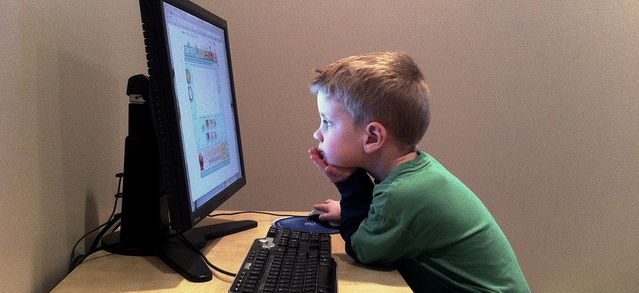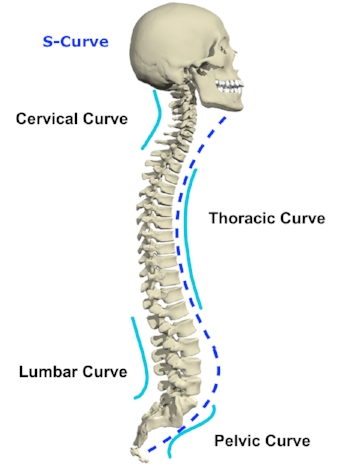ARE YOU TEXTING YOURSELF TO PAIN OR DEATH?
We all know how important texting has become to our daily lives. A 2014 study estimated 561 billion messages per month, or about 19 million messages a day, not including app-to-app messaging like WhatsApp and Facebook Messenger (These two combine over 60 billion messages every day.)
Certainly it’s a great way to interact with friends, family and customers. However, there are some facts we need to consider from a health perspective. More often than not, the position of our bodies when we text can cause us harm faster than we may realize.
”Text Neck”- a medical condition caused by the downward angle in which we hold out heads while texting, emailing, and using our phones, tablets and computers. The forward position of the head puts pressure and strains in our neck and shoulder muscles up to the point where pinched nerves, herniated discs and lower back pain can result, in addition to headaches, depression, constipation, and even heart disease.
Computer Vision Syndrome”-spending hours a day squinting at a computer screen the size of a deck of playing cards can cause strain in our eyes, eye dryness, eye strain, head and neck aches and blurry vision.
“Teen Brain Development”- In 2010 a Canadian study was done observing the link between texting and adolescent brain development. They found that the teens that texted the most performed poorly on tests.
Dr Michael Abramson, lead researcher on the study and professor at Monash University, postulated that smartphone technology might train teens to work too quickly and make recurrent mistakes. Doctors believe that the average teenager sending and receiving an average of 80 texts a day can lead to depression, anxiety and a decline in academic performance. It’s scary to know that our kids and teens will have significant critical changes in the way their brain will develop.
“Shorten Your Life Expectancy”- Studies have shown that the hunched or rounded back posture we put our spines in while texting can reduce oxygen intake, affecting our lungs and heart function as well as our internal organs. With time, we can develop a more permanent outward curvature of the spine, called "Kyphosis" which will limit our physical functionality later in life.
Let’s think for a moment on the position of a healthy and functional spine. It looks like an elongated letter S, with the upper (cervical), middle (thoracic) and lower (lumbar) curves present to allow us to raise the upper torso and head into a vertical position. If our spine was a stiff pole, we would need external support to remain erect. Instead we have individual vertebrae that work together to bear the weight of the head, shoulders, arms and rib cage. The spine’s job is heavy lifting and heavy balancing while our bodies twist, turn, run and walk, stretch, throw, crawl and dance. The secret is the S-curve, that allows dynamic flexibility and strength over all kinds of movement. Our enemy is the S-curve being replace by the C-curve, where the three curves merge into one and the body loses strength and function without being able to provide support to the spine.
The average adult spends 23 hours a week texting. That is 3 hours a day with our heads and shoulders rounded forward and our upper spines rounded like a letter C. This is bad posture and it can be avoided if you simply hold your phone up to your face, stand up from your desk and walk around every 20 minutes.
Getting as close as we can to the "IDEAL POSTURE" will keep us HEALTHY, absent from Pain and Physical Limitation
If much of what you do is performed “sitting down”, it means that half of your load-joints—knees and ankles are disengaged. We can teach you practical ways to regain and maintain the strong, healthy musculoskeletal legacy that you were born with. It’s never too late or too early. Sit in a better position, with less or no pain and discomfort.
Allow Us To Help You With That!















